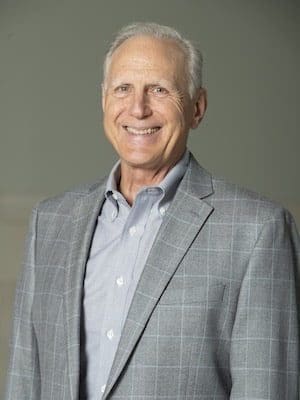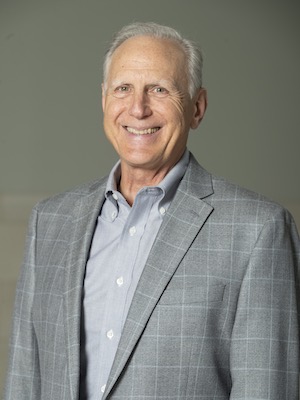
The American Civil War seemed further away timewise than it was when I was growing up. But the physical proximity was vividly close.
My entrance into the world occurred on the northern edge of the Chickamauga Battlefield. Its once bloody soil had turned to green pastures — dotted with granite monuments and silent cannons.
Often, I walked its wooded trails, picnicked at sturdy concrete tables and tossed Frisbees across large expanses of grass with no serious intellectual or moral reckoning of what had occurred there a mere century earlier.
The term “Lost Cause” did not enter my vocabulary until well into adulthood and far away from the familiar surroundings of that park and its related sites on Lookout Mountain, Missionary Ridge and elsewhere.
Yet, the influence of Lost Cause ideology was deeply (and quietly, as intended) ingrained in the formal and informal ways of learning. The idea that we Southerners were losers was not something to be accepted.
Therefore, revisionist history flowed. Defeated Confederate generals were presented as heroic figures. And the myth of the kindly Robert E. Lee was told.
The very reason for the war was completely reframed. All of this was precisely what Daughters of the Confederacy and other white, Southern apologists sought.
The brief pushback of U.S. troops to the transportation center of Chattanooga — before Union forces stormed over Missionary Ridge and didn’t stop until they reached the Georgia coast — was framed as a Confederate victory at Chickamauga. We weren’t losers on our turf, we told ourselves and others.
It would have been unthinkable to buy a dark blue souvenir cap at the park’s gift shop. We were told repeatedly how great it was to be Americans, yet the Americans wearing “USA” on their caps and belt buckles were deemed our enemies.
The late singer Don Williams formed the question well: “What do you do with good ole boys like me?”
The answer is to learn, grow and change where needed. Nothing is more deadly, deafening and deflating than to live for decades out of the dreadful and stale excuse: “But that’s the way I was raised.”
That should be a biographical entry rather than an ongoing mission statement. Where one came from is not of one’s own choosing.
But it doesn’t have to be the defining reality of who one becomes. And some of us came from losers.
Are there lessons in losing — or is that just something we tell our kids after an 8-1 rout of their soccer team?
Or, more importantly, are there transformational experiences that can come from an honest reckoning with lost causes?
Surely, framing our life experiences in basic Christian concepts should carry some significant weight. The whole idea of conviction that leads to conversion — that we heard repeatedly at church — isn’t limited to a single, heart-cleaning moment at an altar.
The political winds blowing through white Americanized Christianity today, however, take an opposite and defensive position: Don’t make people feel bad for what is in their past. (Which provides a good way to avoid confronting what is in the heart as well.)
Yet, acknowledging our waywardness (in other words, sin) — and turning ourselves around — is precisely how we improve our lives and benefit the lives of others who’ve been harmed by our wrong-minded and self-centered ways.
It is out of properly identified failures and rightly applied guilt that we move from disappointment and regret to a newness of life that aligns more fully with the values we’ve long claimed to seek or hold.
Transformation is something the church talks about a lot. Yet, it is too often limited to an individual’s personal habits or institutional faith practices.
The evil behind the Civil War and the continuing disregard for human equality that followed was advanced by the many churches that dot the Southern landscape like spots on a dalmatian.
What do you do with good ole churches like these?
Is there even the divine potential to confess and make up for the lost causes of our past — that have expressions in present times? The battlefields may be silent, but the battle for our hearts and minds rages on.
The past often defines the present. We are products of our upbringing, education and spiritual heritage.
We can sort all of that out in ways that make us grateful and even proud — while acknowledging the need to better understand the realities and shortcomings of those experiences.
And if the gospel means anything, it means we can be changed.
If our primary commitment is indeed to be followers of Jesus, then the attributes he revealed should form our identity far above any other shaping factor in our lives.
Executive editor / publisher at Good Faith Media.

